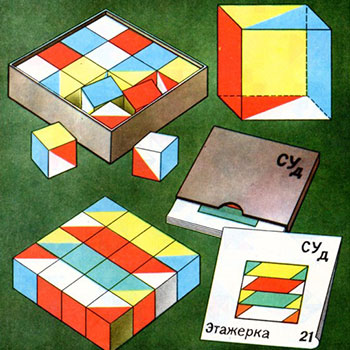Quotient Rule:-
If #u# and #v# are two differentiable functions at #x# with #v!=0#, then #y=u/v# is differentiable at #x# and
#dy/dx=(v*du-u*dv)/v^2#
Let #y=(cosx)/(1-sinx)#
Differentiate w.r.t. 'x' using quotient rule
#implies dy/dx=((1-sinx)d/dx(cosx)-cosxd/dx(1-sinx))/(1-sinx)^2#
Since #d/dx(cosx)=-sinx# and #d/dx(1-sinx)=-cosx#
Therefore #dy/dx=((1-sinx)(-sinx)-cosx(-cosx))/(1-sinx)^2#
#implies dy/dx=(-sinx+sin^2x+cos^2x)/(1-sinx)^2#
Since #Sin^2x+Cos^2x=1#
Therefore #dy/dx=(1-sinx)/(1-sinx)^2=1/(1-Sinx)#
Hence, derivative of the given expression is #1/(1-sinx).#

